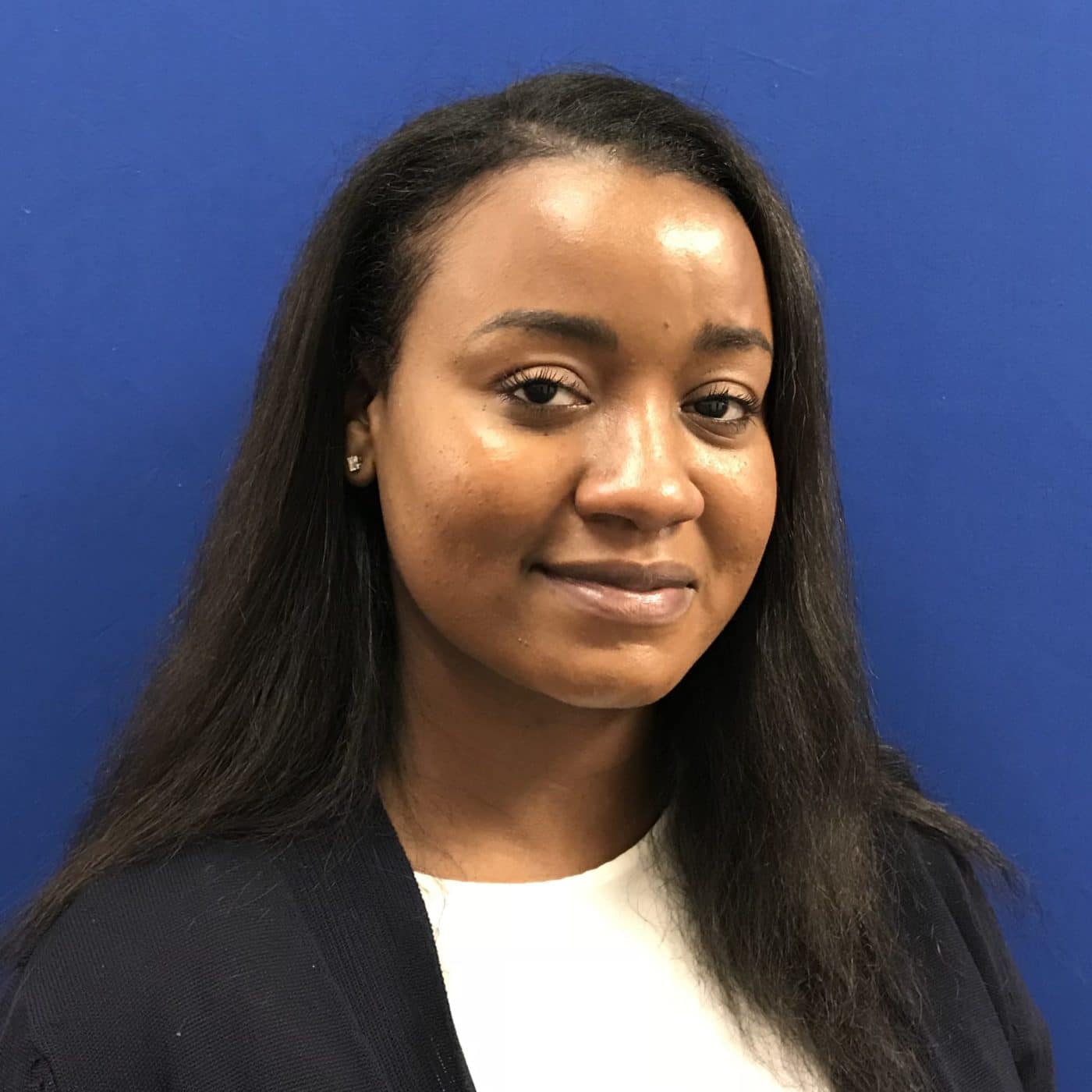The profile of caregivers is changing, and more young people are stepping up to care for aging parents and grandparents. It’s a trend that is going to continue as Baby Boomers age. A 2020 AARP survey found that 23 percent of family caregivers are millennials – those born between 1981 and 1996.
While traditional caregivers are mostly women in their late 40s and 50s, who may already have launched their careers and/or raised their children, millennials face different challenges. They often are in the early years of their careers, just starting their families and learning how to parent while also learning how to care for an older adult. Or they may feel like they are putting their life on hold, waiting to buy a house or start a family while they settle into their role as caregiver.
As a millennial, I understand the challenges younger caregivers face, and through CICOA’s CareAware support service, we’re working to help them navigate these unchartered waters.
A trend toward younger caregivers
Millennials often are stepping into caregiving roles because their Baby Boomer parents had children later in life. Or, maybe their parents are divorced and don’t have a spouse to care for them. Millennials also are helping care for grandparents, who may have raised them or helped raise them. More than half of those surveyed said they didn’t feel like they had a choice in becoming a caregiver.
The role of caregivers is changing, and it’s causing a dramatic shift toward more complex roles and responsibilities. That means our roles at CICOA also are evolving, so we can meet these changing needs.
Co-caregiving
Millennial caregivers said in the 2015 AARP survey they are spending an average of 21 hours a week providing care for a loved one, while 73 percent of caregivers are working or self-employed. Getting help is essential.
It’s not unusual for me to hear a family caregiver say, “This is the night I take dinner to Grandpa,” or “This is my week to take mom to her appointments.” We’re seeing more multi-generational caregiving. This is a positive step, as so many caregivers feel the weight of the world on their shoulders and often suffer from mental and emotional stress. Whenever families can work together to provide for the needs of loved ones, it results in a healthier situation for everyone.
Technology helps
Millennials grew up with technology, and they intuitively turn to technology for help. We encourage caregivers to learn as much as they can about the conditions their loved ones have and how to provide the care they need. For example, if they are caring for a person with dementia, they need to understand why their loved one might lash out and how to respond.
Technology also is helping caregivers stay connected. Millennials tend to be stay better connected with friends online and through social channels than older generations, and this has helped them fight loneliness that so often takes its toll on caregivers. They also will seek out connections, such as bloggers or online social groups who share caregiver stories.
It’s important to understand, though, that millennials are less likely to talk about their role as a caregiver, especially at work. They are trying to fit in, but at the same time, they can feel isolated and like no one really understands what they are going through.
The great balancing act
Caregivers of all ages can feel like they are walking a tight rope, trying to keep everything balanced. But many millennial caregivers are “growing up” sooner than they expected, having to learn in their 20s how to care for a parent with Alzheimer’s or how to dose medications.
Asking and receiving help is one of the best ways to cope with the stress of being a caregiver, regardless of your age.
We find that millennial caregivers tend to be more open to help for themselves and their loved ones and open to therapy to help them through difficult times. They also are open to learning about community resources that can help.
We’ll continue to provide caregivers with information, resources and counseling, but we’ll also talk more about the unique challenges that millennials face as caregivers. Stay tuned!
Whether you’re taking care of aging parents, grandparents or a child with disabilities, we provide coaching to help you on your caregiving journey.

Chelsea McWhorter
Chelsea is a caregiver options counselor at CICOA, where she coaches family caregivers of older adults and people with disabilities who need intermittent or long-term support services. Chelsea holds a degree in sociology from the University of Georgia and currently is working on a master’s degree in clinical psychology. Chelsea’s passion is to help individuals find healthy ways to cope with life’s stressors so they can live peaceful, complete, safe and whole.
